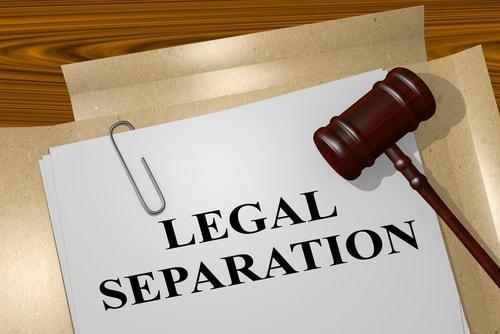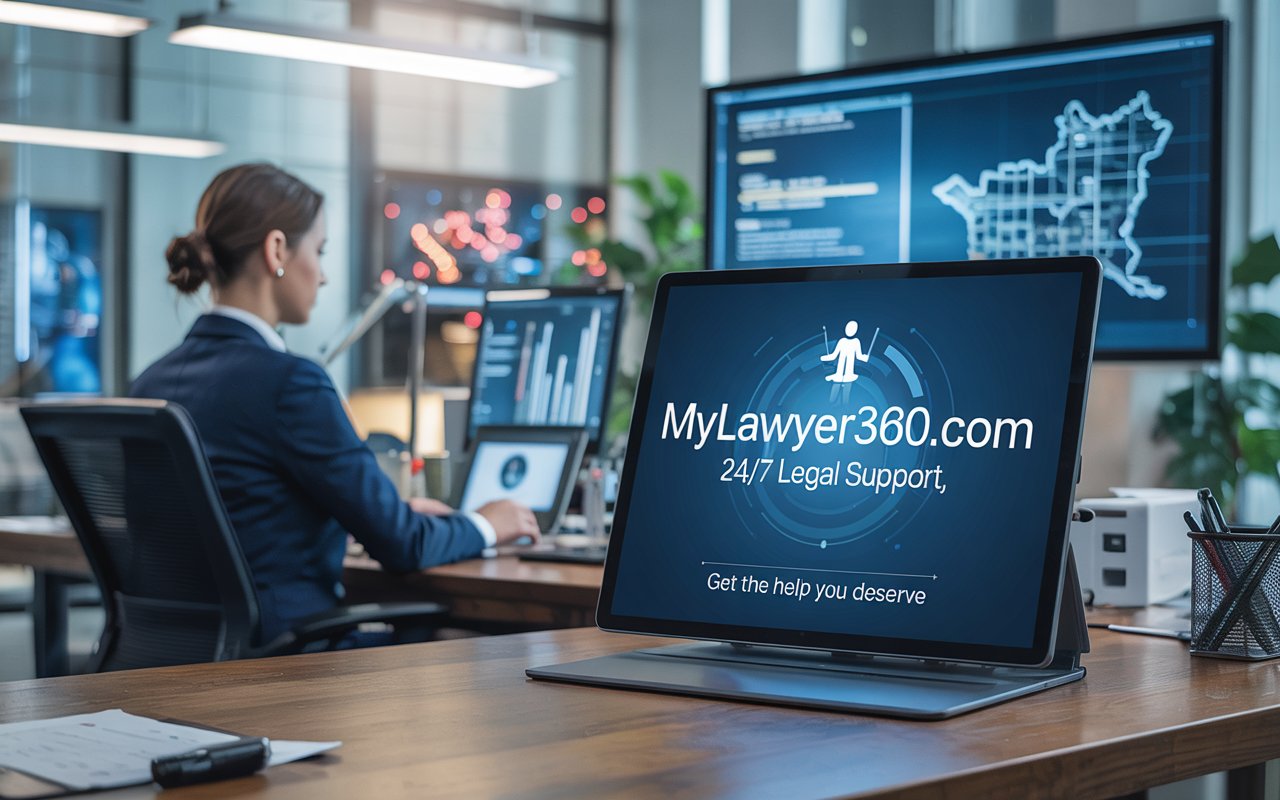Sometimes a partnership, especially a shotgun marriage, becomes so unglued that it is beyond repair. In this case, it is important not to take disputes personally and to seek legal action or alternative dispute resolution. Partners should consider consulting a business attorney for an objective viewpoint about the legal realities of the situation. A private mediator or arbitrator can help partners understand possible solutions they may have yet to consider.
Dissolution of the Company
The ideal way to resolve a partnership dispute is by setting clear terms in a well-drafted partnership agreement regarding dissolving a business. You can get assistance from a partnership dispute lawyer in drafting such clauses and ensuring they adhere to the law. Disputes can occur even with properly prepared partnerships and lead to a lawsuit. If a partner has breached their fiduciary duty, misappropriated company assets, or wants to leave the partnership, a case may be needed to resolve such matters.
In cases where a partnership dispute is intractable, it may become necessary to dissolve the business. It can be done voluntarily or judicially, though it will be best to have a qualified attorney guide the process. During the dissolution of the partnership, it will be necessary to settle all affairs, including satisfying debts, dealing with outstanding contracts, and distributing assets according to partnership interests. It can be a complex process.
Litigation
When other alternatives do not work, business partners may resort to litigation. It is a time-consuming, costly legal process that can cause serious disruptions to your business. Litigation can leave your partnership with resentments lasting for months, even after the case is resolved. When considering litigation, getting legal help as soon as possible is important to understand your options. The more you know about the process, the more aggressively you can negotiate with your partner on issues that require a legal decision.
Allegations of wrongdoing, asset theft, and fiduciary duty violations are some of the most frequent reasons for partnership disputes. The result of your litigation, which can involve a buyout or the company’s liquidation, will be decided by a court. A judge’s decision will likely be final and binding on all parties. You can prevent some of these outcomes by incorporating a dispute resolution procedure into your partnership agreement and having an emergency plan to handle unanticipated problems.
Mediation
While it is impossible to anticipate all possible issues that may arise, a partnership agreement can be drafted to include procedures for resolving unanticipated problems. It includes setting a process for resolving disputes, and it can prevent the partners from engaging in a prolonged legal battle. During mediation, a neutral third party will listen to each partner explain why their viewpoint is correct. The mediator can also suggest ways that the partners can improve their communication skills and reach a compromise on the dispute.
If you and your business partner have difficulty seeing eye-to-eye, consider scheduling a dedicated time to discuss the issue without distractions. Trying to juggle a conversation about the dispute with other work-related duties could lead to more tension and a greater misunderstanding. A lunch date or an after-hours meeting is sufficient to discuss the dispute that will help prevent further complications in your partnership.
Alternative Dispute Resolution
It is not uncommon for small disagreements to become major disputes that threaten the longevity and profitability of a business. While some partners may think that the only way to resolve such issues is to file a lawsuit, this should only be considered a last resort. Litigation is expensive, stressful and often harms a company’s brand reputation. In addition, many litigation cases can take months to schedule a trial date, seriously hurting the business’s profitability. Additionally, resentment can linger well after the case is over. Litigation is more likely to fail than conflict resolution processes like mediation and arbitration because they are less expensive, less stressful, and provide acceptable outcomes to all parties. Business attorneys can help determine if these options are appropriate in a partnership dispute and help draft a dispute resolution process that can be incorporated into a partnership agreement to prevent future conflicts from arising.











